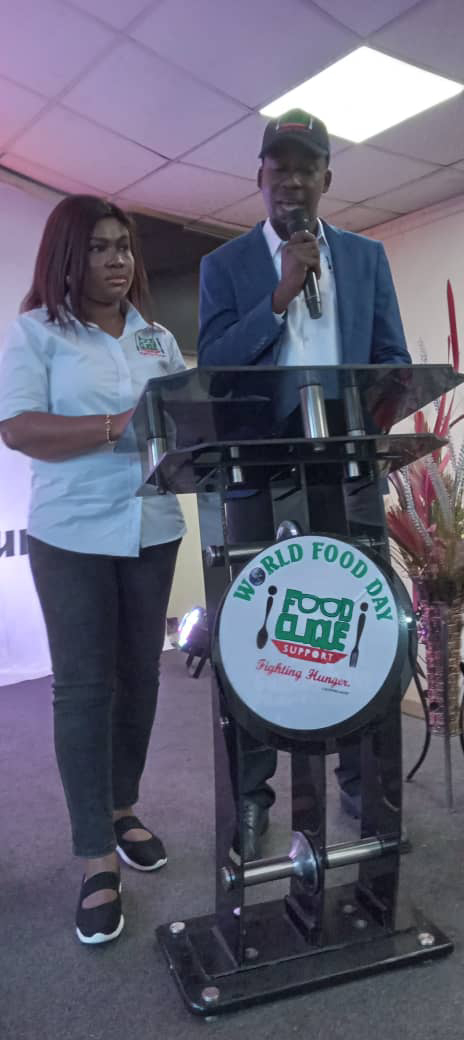Stakeholders Call for Renewed Commitment to Combat Hunger and Poverty in Nigeria
Stakeholders Call for Renewed Commitment to Combat Hunger and Poverty in Nigeria
Government at all levels in Nigeria have been urged to strengthen their efforts and collaborate closely to address the growing issues of hunger and poverty affecting many parts of the country. This call was made during a symposium organized by the Foodclique Support Initiative to commemorate this year's World Food Day, held at the Funplex Event Centre, Magodo, Lagos.
At the event, speakers emphasized the urgency of tackling the hunger crisis, referencing Nigeria’s poor ranking of 110th out of 127 countries on the Global Hunger Index. This troubling statistic highlights the country's significant challenges in addressing food insecurity.
Delivering the keynote address, Halimah Mustapha, the Commercial Financial Controller at Unilever Nigeria Plc, expressed concern over Nigeria's position, stressing that it is alarming for a country with the largest population in Africa. While acknowledging that hunger is a global issue, Mustapha emphasized that Nigeria must take decisive action to address the crisis. She urged Nigerians to reduce food waste and adopt family planning measures, suggesting that Nigeria could take lessons from countries like China in managing population growth.
In his remarks, Akin Alabi, Founder of Corporate Farmer, encouraged individuals to take up agriculture as a personal responsibility rather than relying solely on the government. He advocated for people to grow their own food, even on a small scale, to combat hunger.
Jerry Apeh, Managing Director of Unique Hybrid Agro Enterprises, called on the government to create incentives that make farming more attractive to the public. He stressed the importance of policies that promote agricultural growth and food security.
Renowned chef Samson Balogun highlighted the role of families in ensuring daily sustenance, emphasizing that the government must support farmers and address the impacts of climate change. He called for the implementation of policies that foster a favorable environment for agricultural growth.
Ibrahim Onilegbale, a representative of Foodclique, outlined the organization's mission to bridge the gap between the government, the private sector, and the public in fighting hunger. He stressed the importance of a comprehensive food system that encompasses farming, harvesting, distribution, and reducing wastage. Onilegbale noted that an estimated 30-40% of global food production is wasted, underscoring the need for better food management systems.
Abosede Fadipe, Director of Food Sourcing and Fundraising at Foodclique, reaffirmed the organization’s commitment to providing food for vulnerable communities across Nigeria. She highlighted their efforts in delivering perishable goods to people in states like Ondo, Ogun, Lagos, Abia, Enugu, and Niger, ensuring that no one goes to bed hungry.
Korede Alabi, the Chief Financial Officer of the initiative, expressed gratitude to the sponsors and underscored the importance of food access in improving people’s quality of life. He described the gathering as a demonstration of the collective determination to address hunger, calling it one of humanity’s greatest challenges.
The symposium concluded with a strong call for governments and stakeholders to prioritize food security through effective policies and initiatives. The event marked the annual celebration of World Food Day, observed on October 16th, which aims to raise global awareness about hunger and promote sustainable food systems worldwide.











No comments